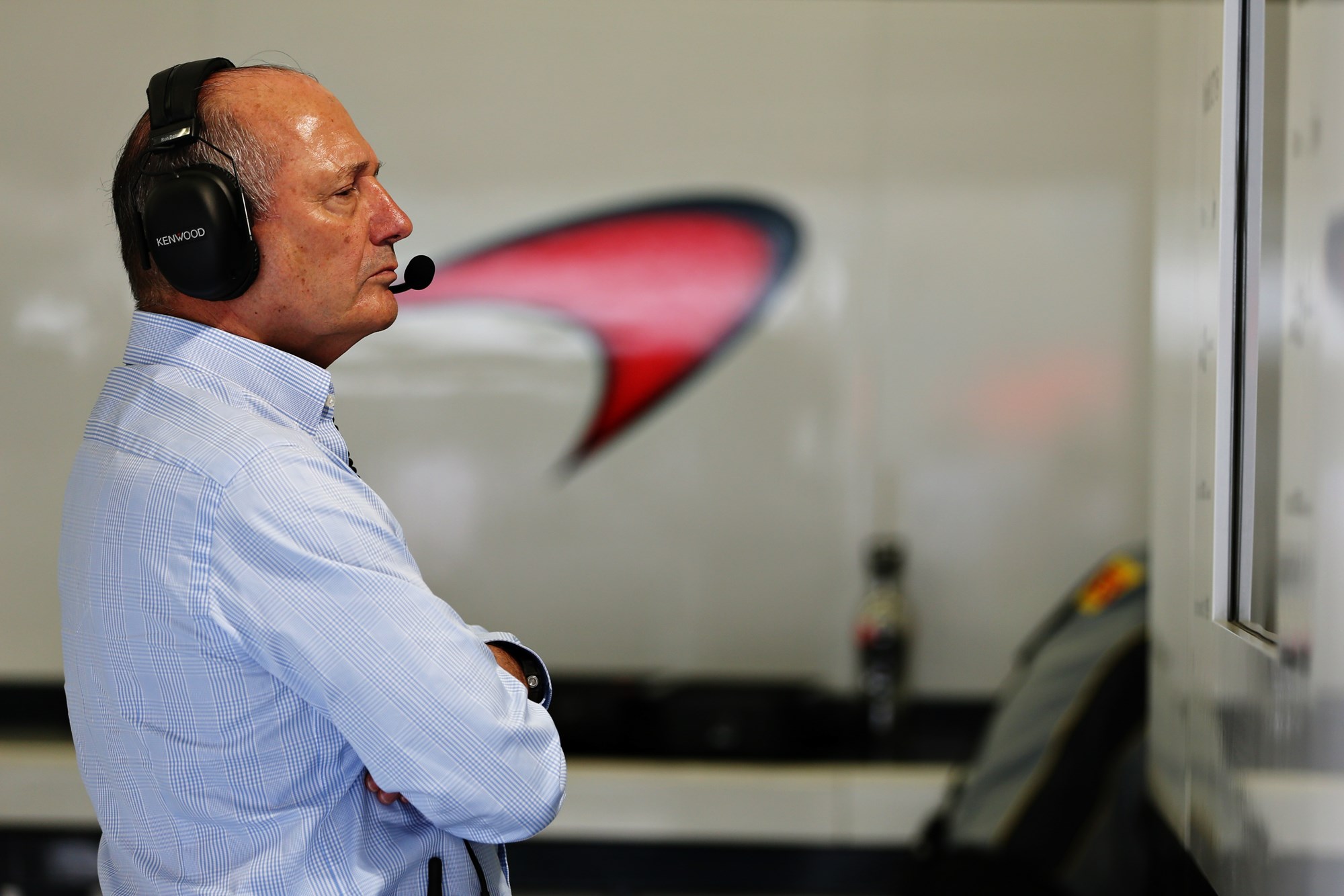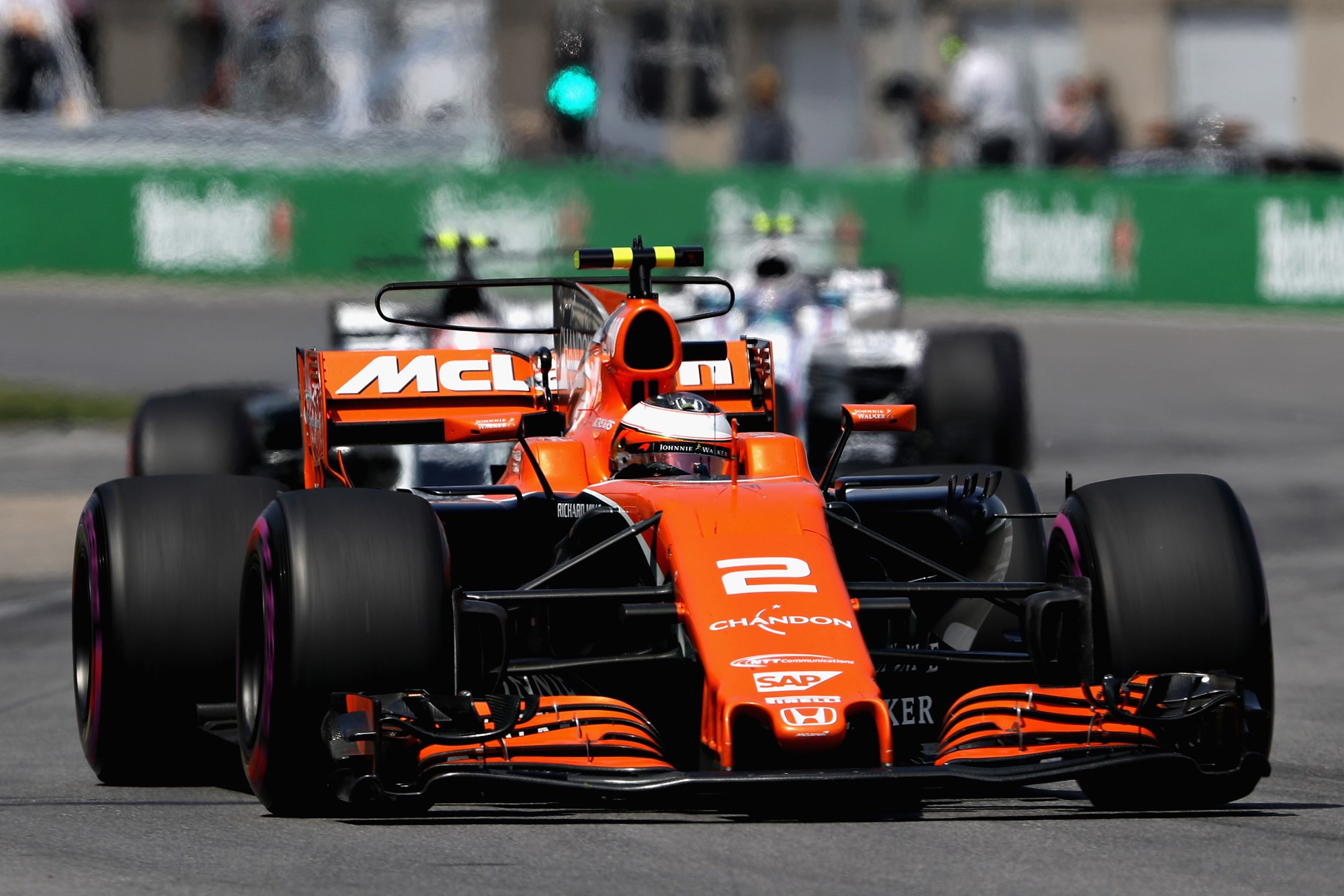I guess we could've seen this one coming.
Ron Dennis, former boss of the McLaren Technology Group, will sell off his 25 per cent shareholding of the company — thus ending a 37-year partnership through the greatest (and the darkest) days of the team that has a kiwi bird for a logo.
An article published by Sky News revealed the development, stating that Dennis has sold his stake for £275m (just shy of NZ$500m). The news is set to be formally confirmed on Friday morning in the UK, with rumours suggesting that it will result in a McLaren Group company restructure — where everyone, Formula 1 and road car, will be under the same umbrella.
It's been a very sweet, and at times sour, road for Dennis since he joined McLaren in 1980 as part of a unique take-over of Dennis's 'Project Four' group. It effectively promoted Dennis into a lead roll running the ship, and helped kick off a range of new technologies for what was at the time a struggling racing team.

Over the coming years and decades, McLaren went from being a shadow of its former self into being the juggernaut everyone had dreaded. Between 1984 and 1991, they won seven Formula 1 world titles (shared between Niki Lauda, Alain Prost, and Ayrton Senna).
It was also a phase that saw the successful transition from the Lauda/James Hunt era into the Prost/Senna era — the two teammates often at war with each other, and Dennis in the middle of it all.
Since then, McLaren have added another three titles to the cabinet under Dennis's watch, while up against the might of Michael Schumacher and Ferrari. More recent times have seen the situation sour, with Dennis taking legal action against some of the other shareholders and subsequently being put 'on gardening leave' at the end of last year from his former role as Chief Executive.

And even now, while McLaren's road car division goes from strength to strength, McLaren are still embroiled in a curious game of pin the tail on the donkey with Honda regarding the issues with their Formula 1 engine package.
But while the team is trying to work through the toughest phase in its history to date, it's important to still note the good. And much of that connects back to Ron Dennis.



